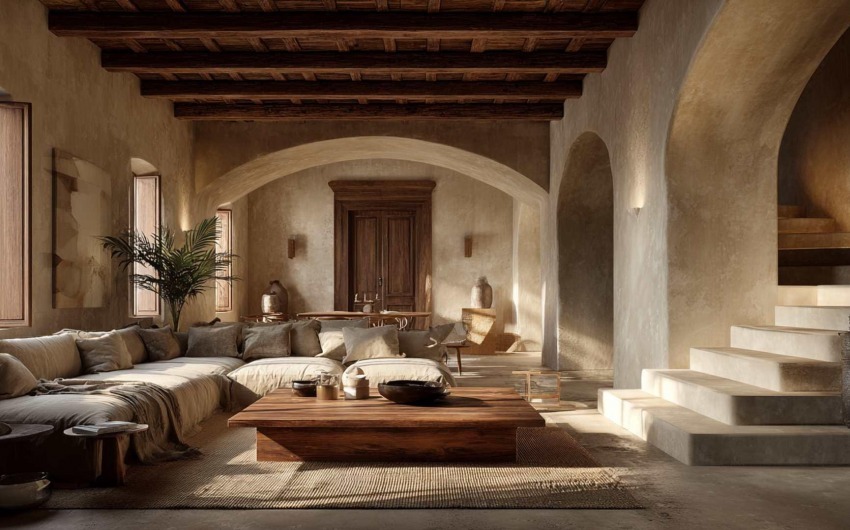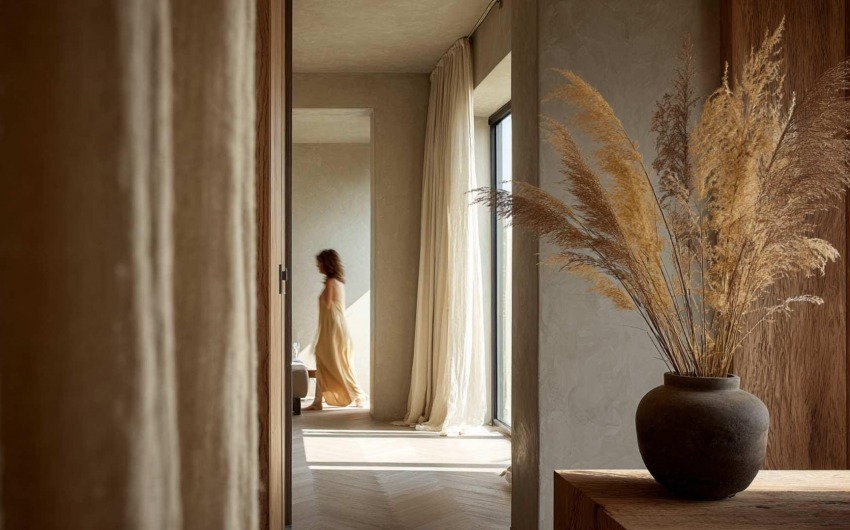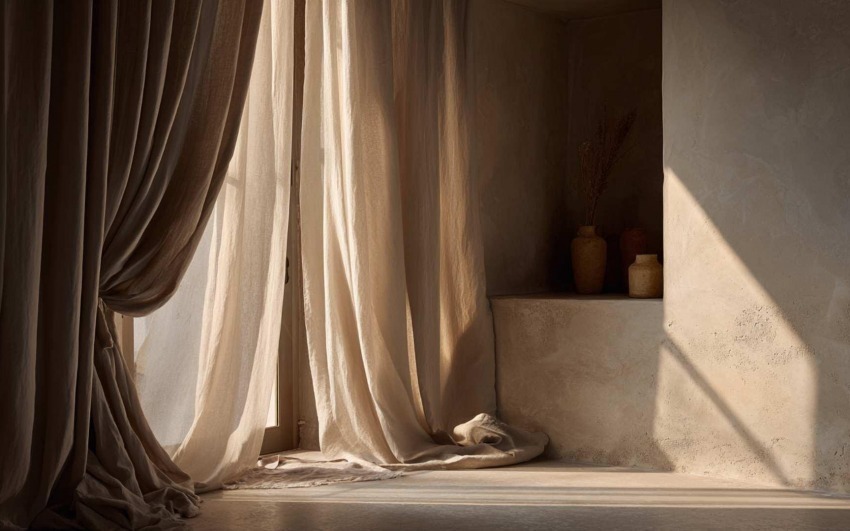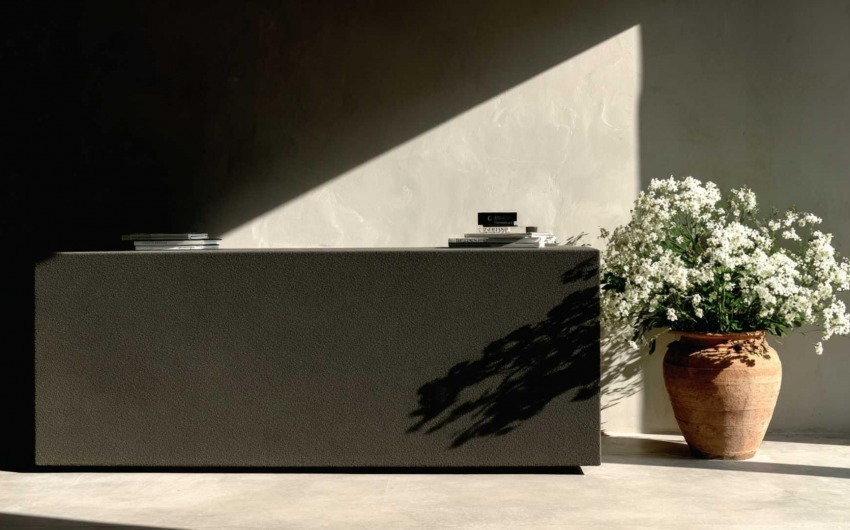4/07/2023
The main characteristics of the modern style are without fail functionality, essentiality and technology: all the furnishings and environments must be designed to be as functional as possible, trying to reduce the superfluous to a minimum and recreating an orderly, clean environment with essential lines , referring in some respects to minimalism, despite being much less rigid and bare.
Photo 1
Despite the clean shapes and lines, modernism however leaves room for decorations and irregular geometric shapes, as long as they are delicate and coherent with the rooms of our home, for example by opting for design wallpaper, characterized by particular geometries, or possibly evaluating a modern coffee table with a great stylistic impact.
Photo 2
In reference to the colors, at the base of the modern style, we find black and white, in general therefore neutral colors, combined with earthy shades, such as ochre, caramel, dove gray and beige. However, this does not preclude the possibility of adding a touch of colour, with stronger shades, to some furnishing elements or to some contrasting walls, including green, blue and some pastel shades, such as yellow and pale pink.
Photos 3 and 3A
As for the materials, in the modern style, glossy, smooth, brilliant and transparent ones predominate, including glass, ceramics and laminates, with metal and leather details. Even the wood effect can be added, but be careful not to overdo it, otherwise we could risk going out of style.
Photo 4
A fundamental and essential element is certainly technology: in a modern design, innovative details of the latest generation cannot be missing, in a constantly evolving world, based on technological progress. Without a doubt, smart homes can only be synonymous with modern style.
Photo 5
Finally, let's not forget the importance of lighting: in order to be able to recreate a perfect style in a modern key, we must start from the architecture of the building, in fact modern houses tend to have very large windows, which let in a lot of light and they illuminate the rooms, of enormous importance for this style. No less important are the artificial light points, useful for highlighting some corners with a strong design impact and for remaining in line with functionality and technological avant-garde, typical of this style, also in terms of systems.
Photos 6 and 6A
_14077b47db_23.jpg)
Interior Designer since 1985
CEO & Founder, Italian Design in the World
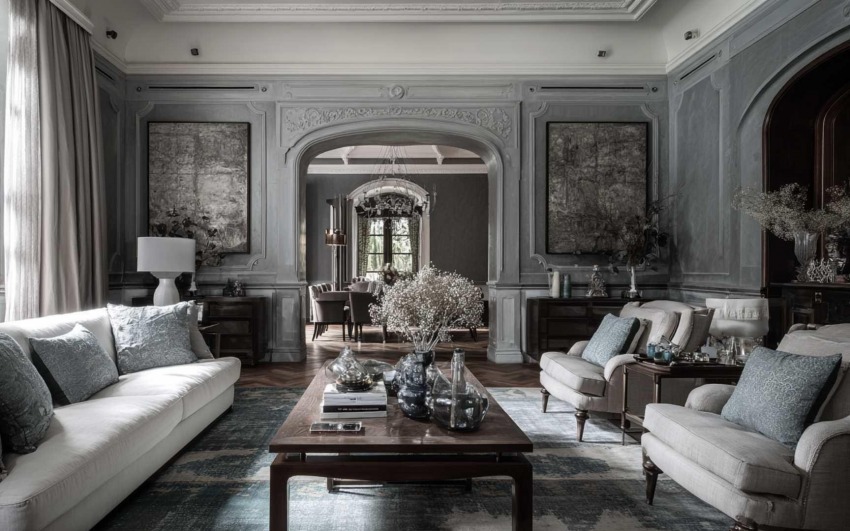
_c49d85500f_642.jpg)
